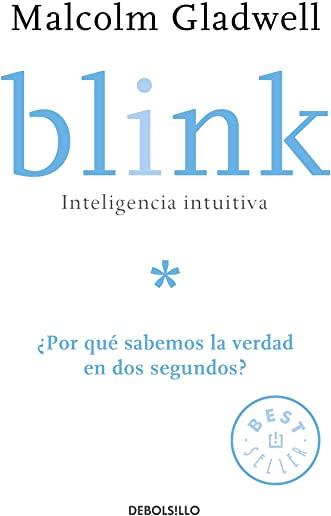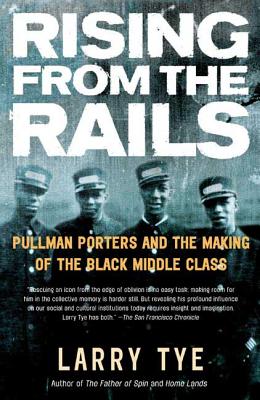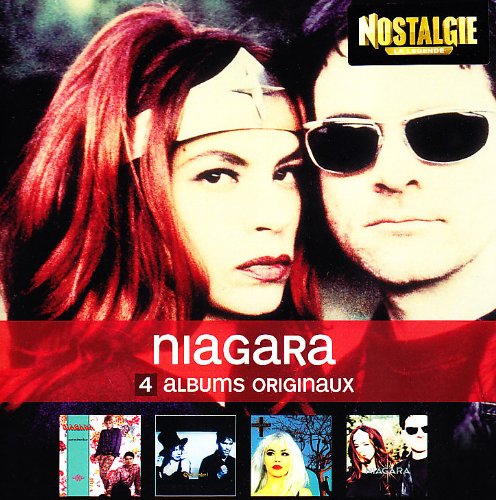
Gladwell, Malcolm
product information
description
3En este libro revolucionario, el periodista canadiense Malcolm Gladwell nos explica cómo pensamos sin pensar, de dónde proceden las decisiones que parece que tomamos en dos segundos, pero que no son tan simples como aparentan. Por qué algunas personas son brillantes a la hora de decidir y otras son torpes una y otra vez? Por qué algunos siguen su instinto y triunfan, mientras que otros acaban siempre dando un paso en falso? Cuál es el funcionamiento real del cerebro en el trabajo, en clase, en la cocina o en la cama? Y por qué las mejores decisiones suelen ser las más difÃciles de explicar?
Gladwell nos presenta a un psicólogo que ha aprendido a predecir si un matrimonio puede durar con sólo observarles unos minutos; a un entrenador de tenis que sabe cuándo un jugador hará doble falta antes incluso de que la raqueta toque la bola; a un experto en antigüedades que reconoce una falsificación de un solo vistazo. Este libro revela que quienes son buenos tomando decisiones no son aquellos que procesan más información o que dedican más tiempo a deliberar, sino aquellos que han perfeccionado el arte de hilar fino, de extraer los pocos factores que realmente importan a partir de una cantidad desmesurada de variables. Por medio de la neurologÃa y la psicologÃa, y exhibiendo todo el esplendor del que este autor es capaz, Blink: Inteligencia intuitiva cambiará tu forma de ver las decisiones que tomas. Nunca más volverás a pensar en pensar de la misma manera.
ENGLISH DESCRIPTION
In his landmark bestseller The Tipping Point, Malcolm Gladwell redefined how we understand the world around us. Now, in Blink, he revolutionizes the way we understand the world within.
Blink is a book about how we think without thinking, about choices that seem to be made in an instant-in the blink of an eye-that actually aren't as simple as they seem. Why are some people brilliant decision makers, while others are consistently inept? Why do some people follow their instincts and win, while others end up stumbling into error? How do our brains really work-in the office, in the classroom, in the kitchen, and in the bedroom? And why are the best decisions often those that are impossible to explain to others?. In Blink we meet the psychologist who has learned to predict whether a marriage will last, based on a few minutes of observing a couple; the tennis coach who knows when a player will double-fault before the racket even makes contact with the ball; the antiquities experts who recognize a fake at a glance. Here, too, are great failures of blink: the election of Warren Harding; New Coke; and the shooting of Amadou Diallo by police. Blink reveals that great decision makers aren't those who process the most information or spend the most time deliberating, but those who have perfected the art of thin-slicing-filtering the very few factors that matter from an overwhelming number of variables.
Gladwell nos presenta a un psicólogo que ha aprendido a predecir si un matrimonio puede durar con sólo observarles unos minutos; a un entrenador de tenis que sabe cuándo un jugador hará doble falta antes incluso de que la raqueta toque la bola; a un experto en antigüedades que reconoce una falsificación de un solo vistazo. Este libro revela que quienes son buenos tomando decisiones no son aquellos que procesan más información o que dedican más tiempo a deliberar, sino aquellos que han perfeccionado el arte de hilar fino, de extraer los pocos factores que realmente importan a partir de una cantidad desmesurada de variables. Por medio de la neurologÃa y la psicologÃa, y exhibiendo todo el esplendor del que este autor es capaz, Blink: Inteligencia intuitiva cambiará tu forma de ver las decisiones que tomas. Nunca más volverás a pensar en pensar de la misma manera.
ENGLISH DESCRIPTION
In his landmark bestseller The Tipping Point, Malcolm Gladwell redefined how we understand the world around us. Now, in Blink, he revolutionizes the way we understand the world within.
Blink is a book about how we think without thinking, about choices that seem to be made in an instant-in the blink of an eye-that actually aren't as simple as they seem. Why are some people brilliant decision makers, while others are consistently inept? Why do some people follow their instincts and win, while others end up stumbling into error? How do our brains really work-in the office, in the classroom, in the kitchen, and in the bedroom? And why are the best decisions often those that are impossible to explain to others?. In Blink we meet the psychologist who has learned to predict whether a marriage will last, based on a few minutes of observing a couple; the tennis coach who knows when a player will double-fault before the racket even makes contact with the ball; the antiquities experts who recognize a fake at a glance. Here, too, are great failures of blink: the election of Warren Harding; New Coke; and the shooting of Amadou Diallo by police. Blink reveals that great decision makers aren't those who process the most information or spend the most time deliberating, but those who have perfected the art of thin-slicing-filtering the very few factors that matter from an overwhelming number of variables.
member goods
No member items were found under this heading.
Return Policy
All sales are final
Shipping
No special shipping considerations available.
Shipping fees determined at checkout.







